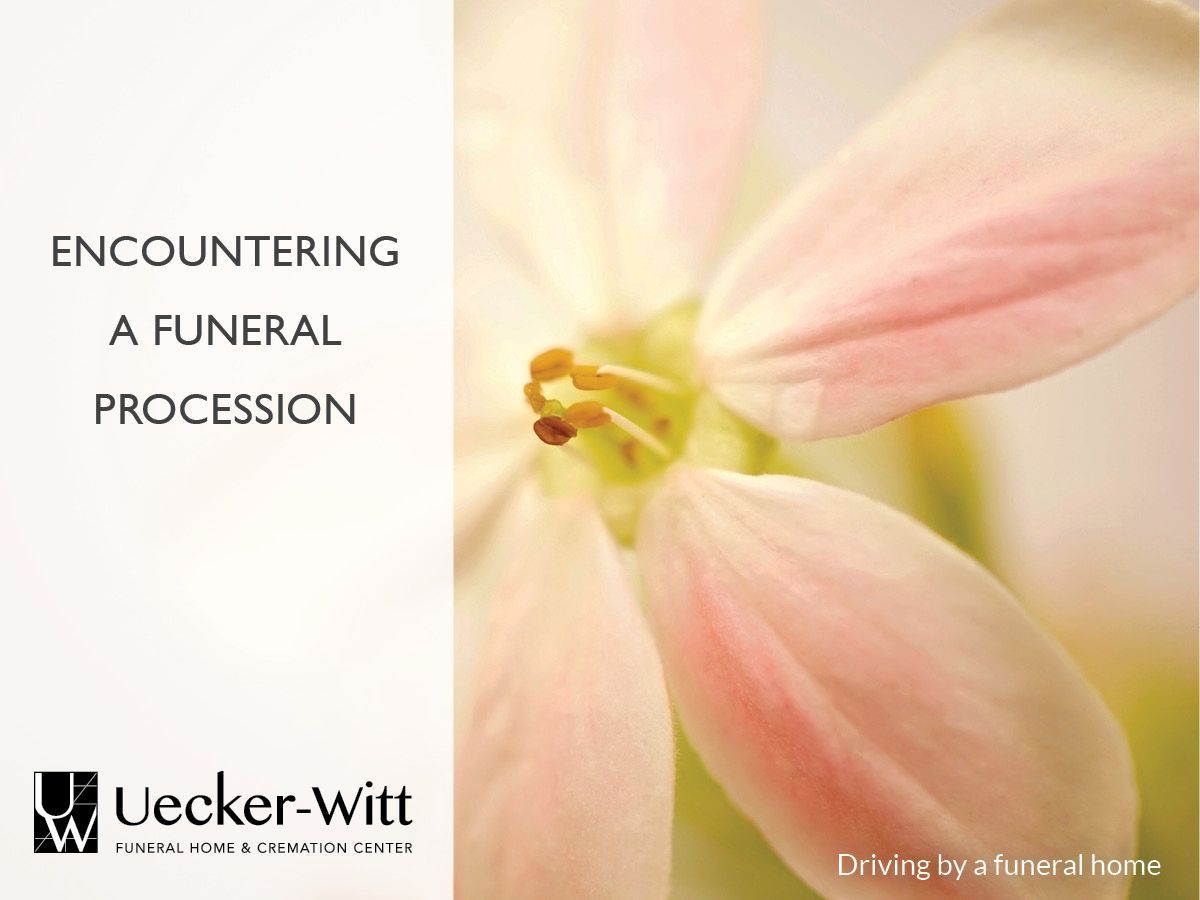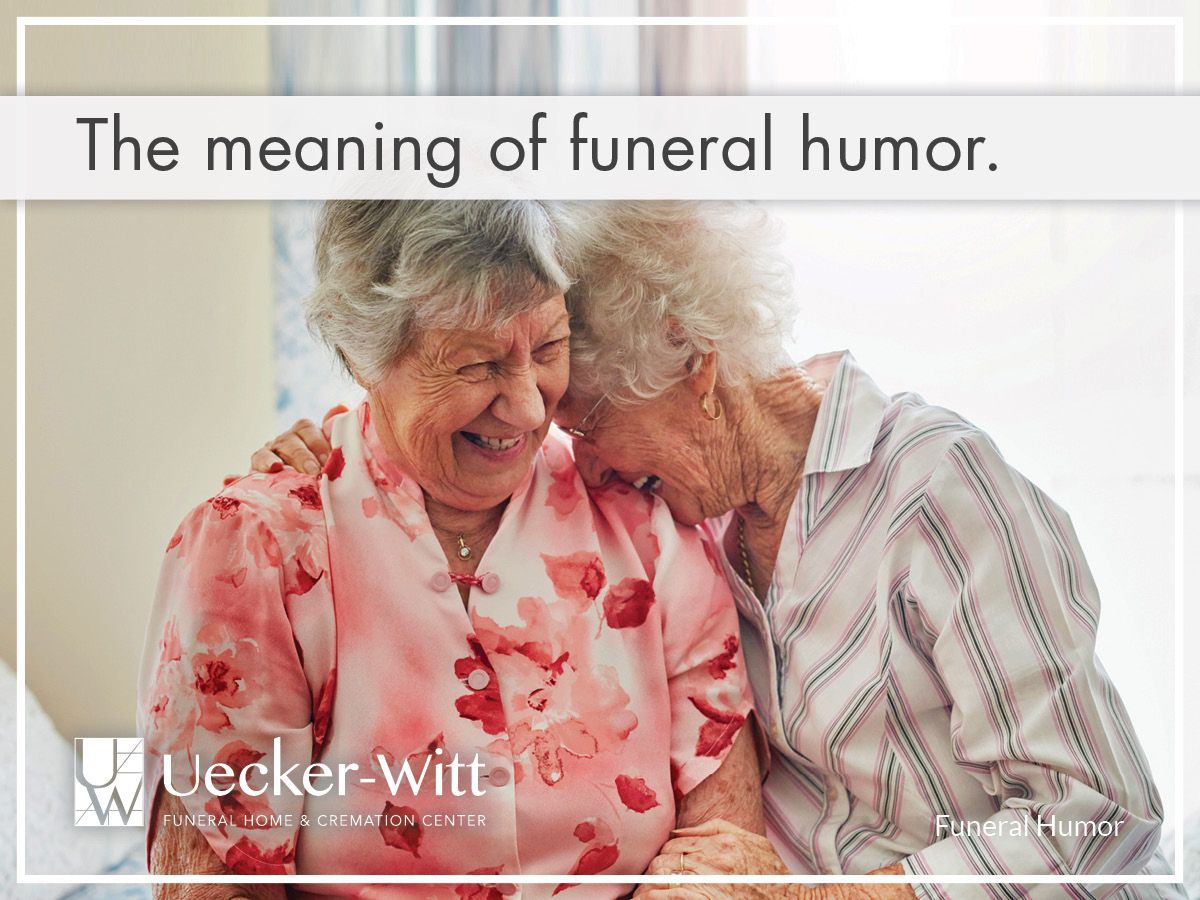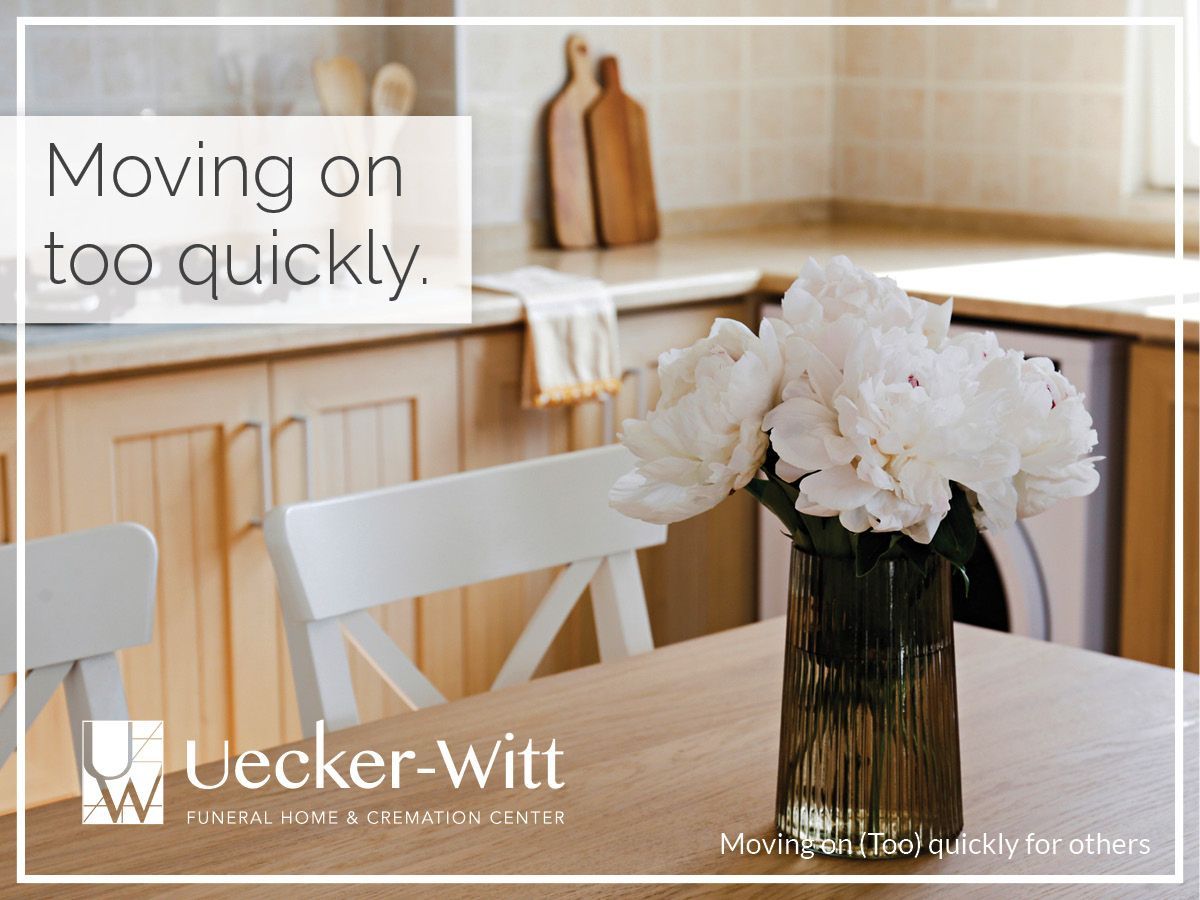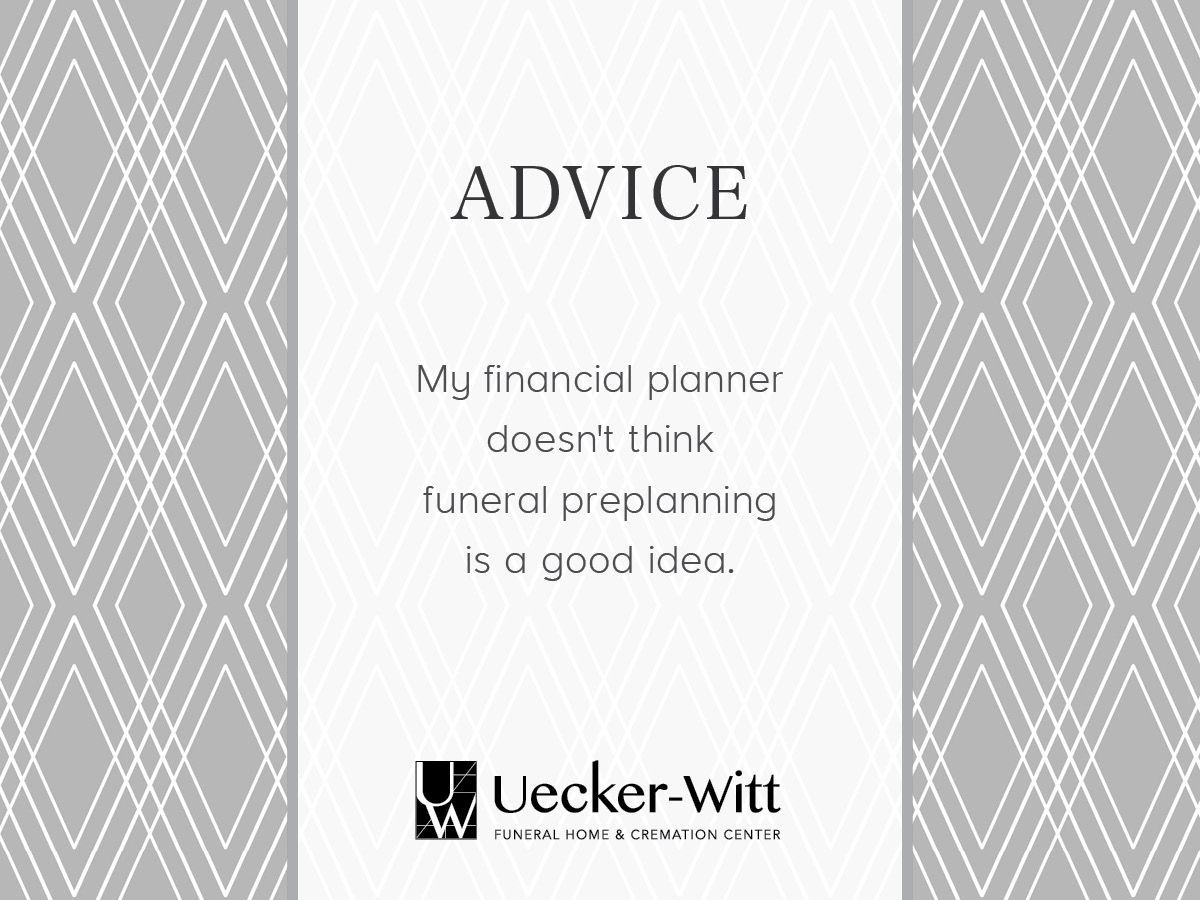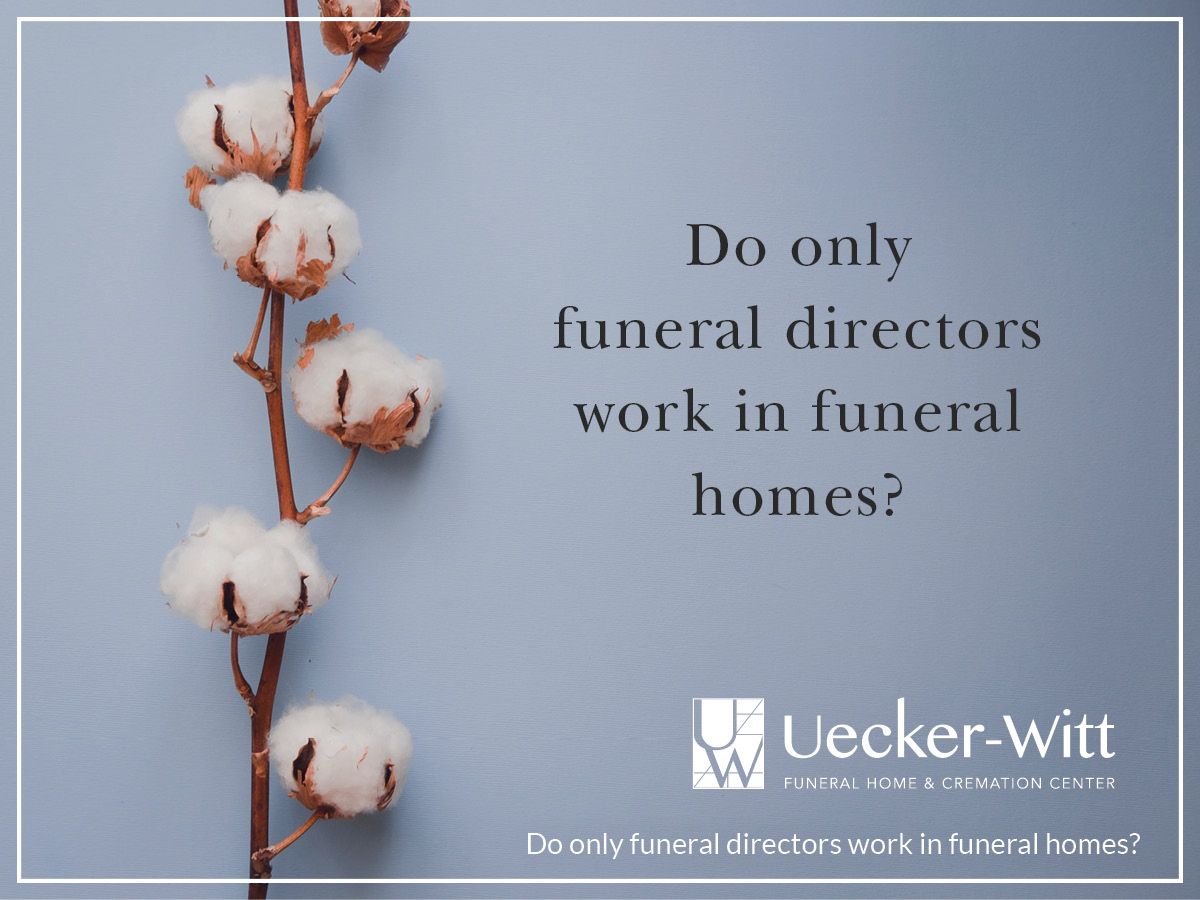Five “To Dos” When You Hit 70
Life from age 70 to 75 is interesting. It might not be a mid-life crisis but nearly everyone finds it is a period of real-life adjustments. In moving from being a 69-year-old to 70-year-old it’s easy to say, so what? Going in, 70 might feel like the new 50. Especially if a person is healthy and active. But by 75 it usually dawns on people that 80 is not going to be the new 60! It’s time to get real and embrace and prepare for life moving forward.
There are both some big questions to ponder and some little things to do to make life going forward easier. In the big category, a couple might consider where they are living. A simple thing like not having a first-floor bedroom or bath can mean a stay in a rehabilitation facility if a hip or knee needs to be replaced. By the time one hits the 75 mark they know more than a few folks who are walking around with replacement parts.
Then there is the question of whether your home is even in the “right” location? Some people choose to leave friends and their current life in favor of moving closer to their children or family. There is no one “right” choice—however, considering the what ifs can help a person be sure they are settled in their own personal happy place.
Much easier, but not less important, is making sure that you have designated someone to make medical decisions on your behalf if you are no longer able to do so yourself. Most folks will choose their spouse. However, it is a good idea to be sure the individual one chooses understands your desires and has the emotional strength to carry out your wishes. In some cases, it may be kinder to designate an adult child to make decisions. Regardless of who you choose, making sure all family members know what you want to have happen and who you have designated to carry out your wishes, can save a lot of family heartache in the future.
Even easier, but still important, is taking a few steps in order to eliminate those little stressors that can ruin an entire day. Making a simple adjustment to your utilities, cable, or telephone can be a real challenge if you are not the person “of record” on the account. If the designated person has died it can get even more complicated.
Check to be sure both spouses have the authority to make changes to the account or service. Be sure the secret passwords and answers to security questions are known to both parties. Watch your “ands” and “ors”. “And” can mean you both have to be involved where “or” means either party can take action. “And” can mean you’ll need a death certificate where “or” can mean full speed ahead.
Finally, it really is time to consider the end. When your children, grandchildren, and friends come together to remember you, what will that gathering look and feel like? Who will be in charge? Who will be responsible for making and paying for the arrangements? This one is the easiest of them all—you simply call your funeral home and ask for a prearrangement appointment. It will take just a few hours to get all your questions answered and have a plan on file at the funeral home. Then you just go right along heading to 80, eating right, exercising, and seeing the world, because maybe 80 is the new 60?
